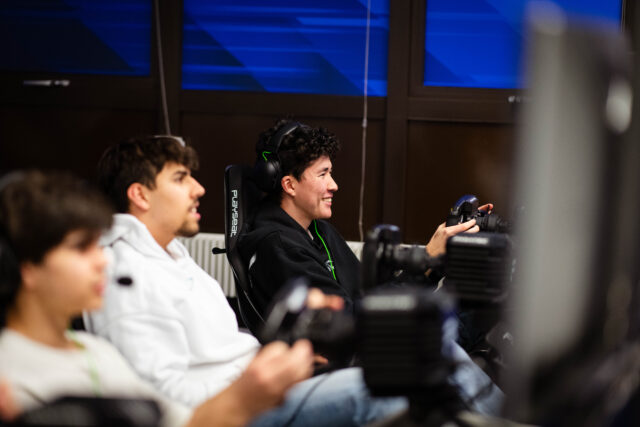12/12/2024
AI in Schools: Challenges and Opportunities
Clarke’s Third Law and the Magic of AI
In a later edition of an essay in his book Profiles of the Future, British science fiction writer Arthur C. Clarke posited what has come to be called his Third Law: “Any sufficiently advanced technology is indistinguishable from magic.” That certainly seemed to be the case in late 2022 when ChatGPT burst onto the scene, generating a veritable tsunami of artificial intelligence. It does seem like magic, as if our digital devices are summoning documents, voices, images, and videos from the ether. Of course, what’s really happening is prodigious mathematical calculations—a numbers game in which almost unimaginably swift predictions are being made, based on what we have already told these amazing machines.
The Impact of AI in Schools
In education, as in most industries, the impact of these new technologies is only just beginning to become apparent. AI in schools is transforming teaching and learning. Schools are hotbeds of AI experimentation. Institutions and examination boards are adapting as they go. New policies, politics, programmes, and prognostications are everywhere. ACS schools are actively engaged in this brave new world. We have declined to develop a specific AI policy, which would likely be out-of-date before it could be responsibly developed. Instead, we are approaching generative AI as an opportunity, with both caution and hope.
Experimenting with AI in Schools
This academic year, ACS teachers and school leaders are playing with new tools in our AI sandbox. Working with platforms we trust, staff are experimenting responsibly within professional learning communities and their classrooms.
Exciting new opportunities are emerging that save teachers time that they can re-invest in working with students; that inspire creativity in lesson planning; that provide individualised tutoring; that streamline preparation, communication, and reporting. AI in schools is also empowering students as they learn about AI, learn how to use AI, and use AI in their learning—both independently and as part of new classroom learning strategies.
Balancing Innovation and Responsibility in AI
At ACS, we believe that technology can enhance learning and performance, and that we have an obligation to help students use all the tools available to them with responsibility, discernment, and skill.
At the same time, we understand that AI in schools cannot be allowed to erode the development of foundational knowledge, human creativity, and personal voice. We want students and teachers to understand that audience matters—especially when writing for high-stakes external readers with their own AI use policies and practices.
The Ethical Challenges of AI in Schools
The Age of AI introduces a broad range of challenging ethical issues that require careful reflection by individuals and societies. AI in schools raises important questions about what is good, who should have power, and how we can encode human flourishing into novel tools and systems.
Many people believe that AI will bring disruptive, fundamental changes to the way people live, work, and learn. Some worry that AI will ultimately challenge what it means to be human, and that ascendant machine intelligence poses a threat to the very existence of humanity.
Preparing for the Future of AI in Schools
Learning to live with AI demands that we teach, learn, and understand the challenges new technologies bring. AI in schools presents both opportunities and challenges that educators must navigate thoughtfully.
We must work together to prepare today’s communities and tomorrow’s leaders to respond in ways that promote the common good. This fast-moving field demands concerted attention, critical reflection, and ongoing engagement by educator-citizens who are responsible for helping young people understand their world and act responsibly in their communities.





